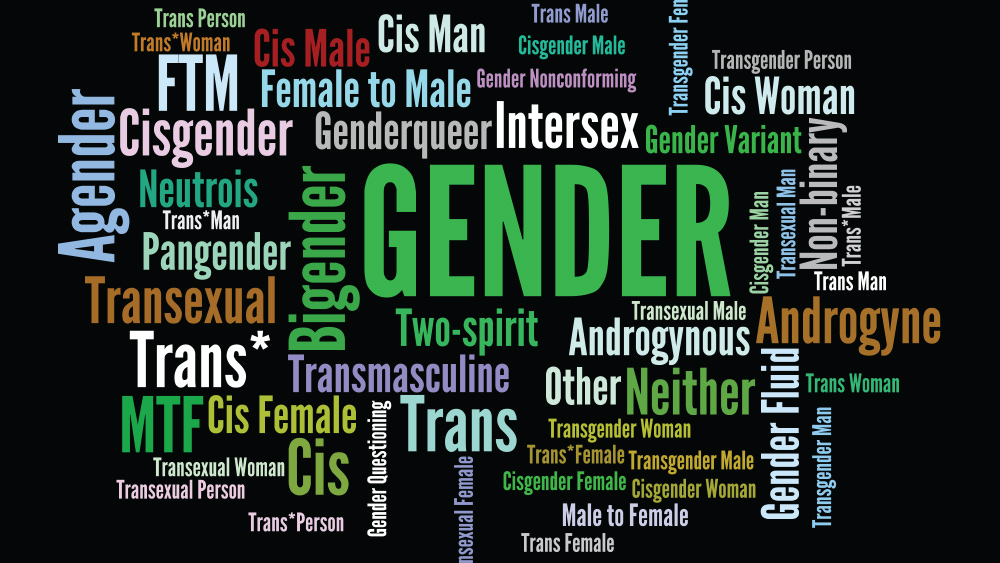 Parler
Parler Gab
Gab
Businesses are reducing DEI staff and funding for DEI initiatives
Now, businesses are backtracking, reducing their DEI staff and slashing funding for DEI initiatives. Many businesses are citing claims that these programs give preferential treatment to minorities as their reason for moving away from DEI efforts. Some have been sued over their programs, while others are worried about the potential for future litigation. For example, Bank of America recently expanded their internal programs so they now “include everyone,” while Goldman Sachs has widened the scope of its “Possibilities Summit” that was originally geared toward black college students to include white students as well. More than 65 anti-DEI bills have been introduced by state legislators since 2023, and high-profile cases like the fiasco with Harvard University’s first black president, Claudine Gay, who retired after it was discovered her work was plagiarized, and the many dangerous problems with Boeing airplanes that have arisen after the company embraced DEI, thrust these issues into the spotlight. Recently, Snap laid off employees who worked on retention and engagement for workers from underrepresented groups, while Zoom cut its internal DEI team as part of broader layoffs. Other companies that have reduced the size of their DEI teams by 50 percent or more recently include DoorDash, Home Depot, X, Wayfair, Meta, Lyft and Tesla. Data from Revelio Labs, a firm that tracks workforce dynamics, shows that DEI jobs peaked in the beginning of last year before dropping five percent for 2023. They have shrunk by another eight percent so far this year. In addition, the attrition rate for DEI jobs has been roughly twice that of non-DEI jobs. It is clear that many businesses are finally getting the message that hiring should be based on merit and that basing these important decisions on any other criteria will only hurt their reputation and bottom line. Sources for this article include: Axios.com BBC.com WashingtonPost.comStudy: Most gender-confused children OUTGROW gender dysphoria during adulthood
By Laura Harris // Share
‘Empty executive suite’: Boeing insider lays out company’s descent into diversity obsession
By News Editors // Share
Governments continue to obscure COVID-19 vaccine data amid rising concerns over excess deaths
By patricklewis // Share
Tech giant Microsoft backs EXTINCTION with its support of carbon capture programs
By ramontomeydw // Share
Germany to resume arms exports to Israel despite repeated ceasefire violations
By isabelle // Share










